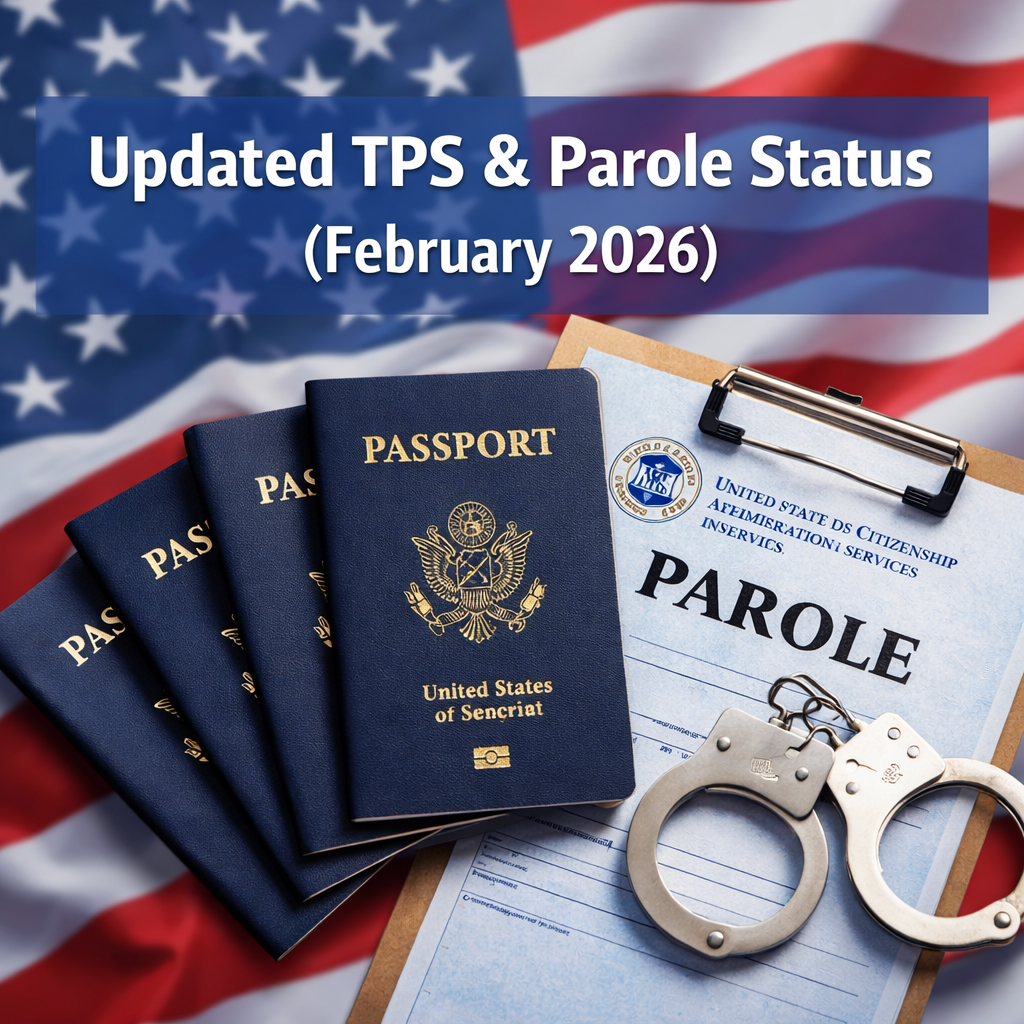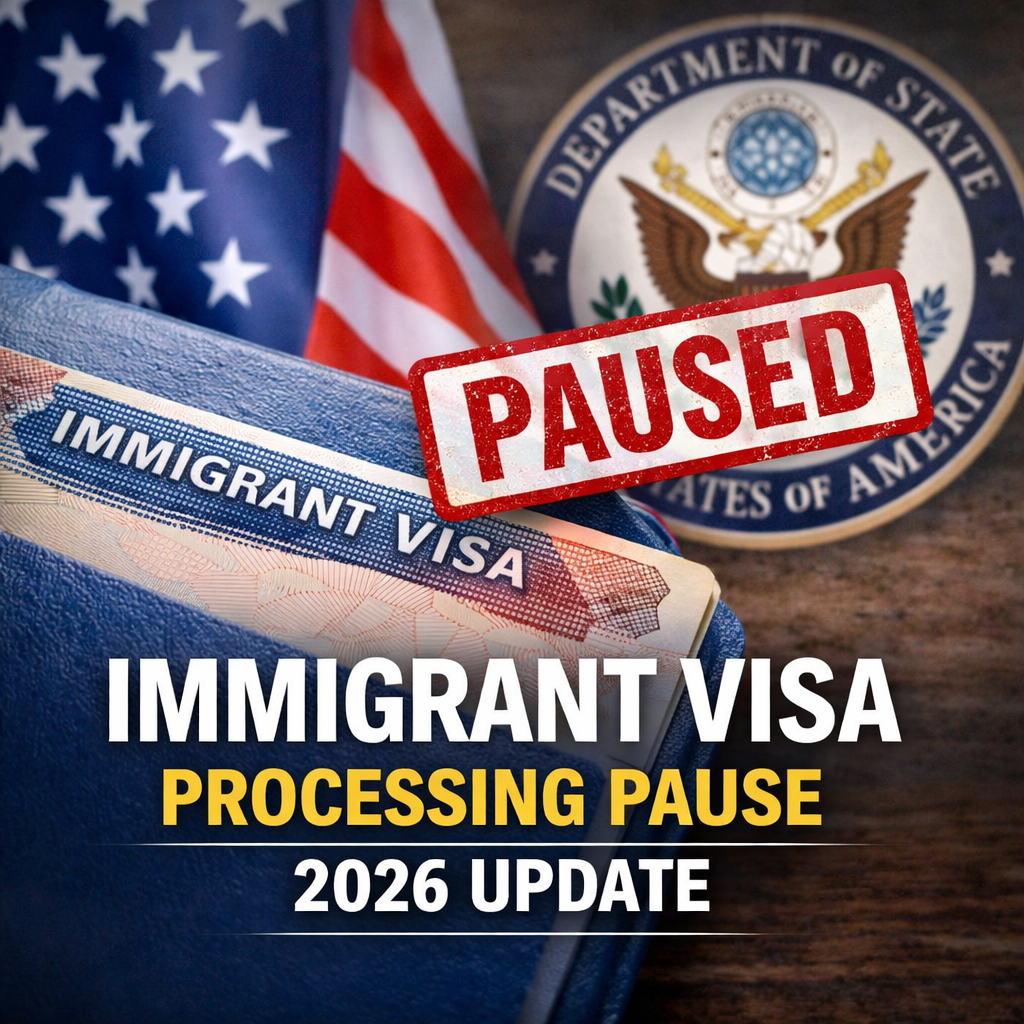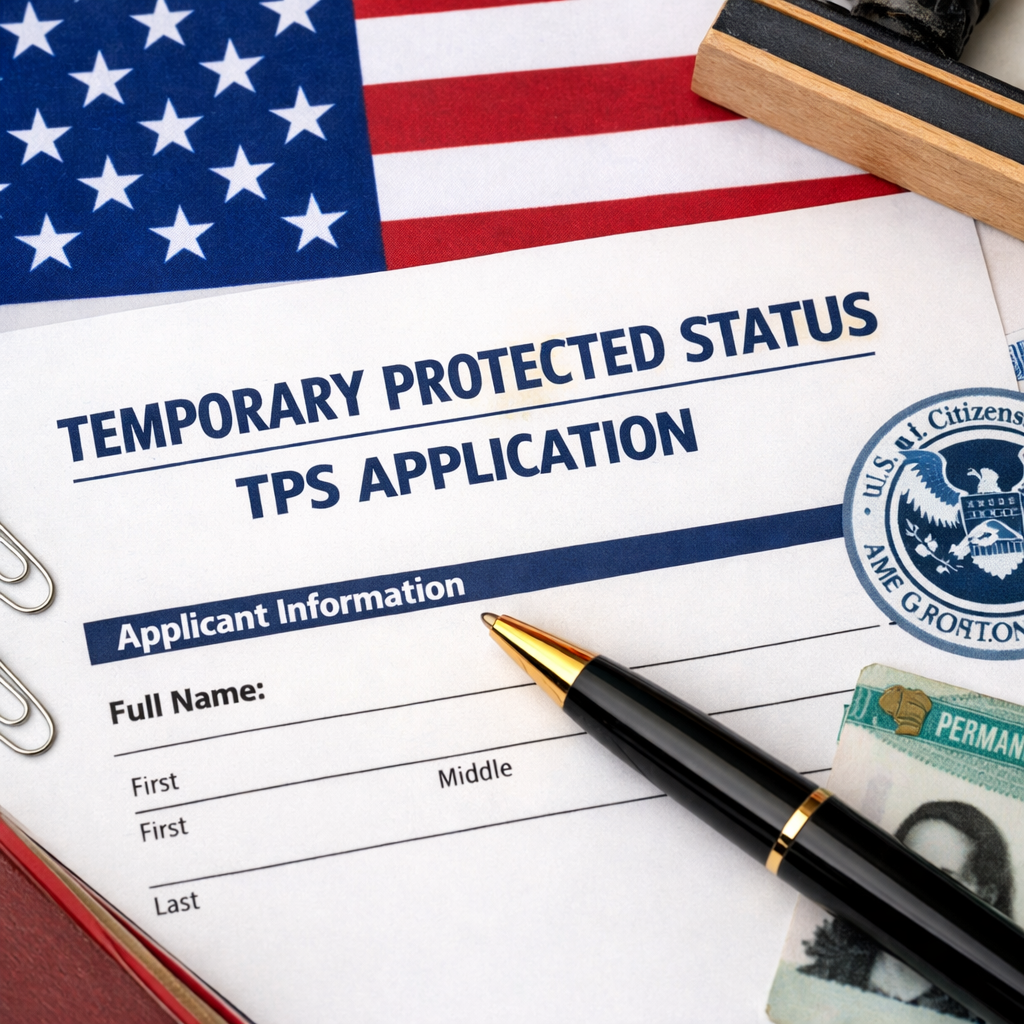Wondering if marijuana use can lead to deportation in 2024? Understand the immigration consequences of marijuana use, even in states where it’s legal.
Can I Get Deported for Marijuana Use in 2024? Key Immigration Risks Explained
As of 2024, marijuana use has been legalized in 38 states, whether for medical or recreational purposes. However, many noncitizens are unaware of the serious question: can I get deported for marijuana use? While marijuana is legal in many states, it remains illegal under federal law, creating significant immigration risks for noncitizens who use it.
This blog will answer the common question, “Can I get deported for marijuana use?”, and provide critical information on how marijuana use can affect your immigration status.
Federal vs. State Marijuana Laws: Can Marijuana Use Lead to Deportation?
While marijuana is legal in many states, it is still classified as a Schedule I controlled substance under federal law. This means that, despite state-level legalization, marijuana remains illegal at the federal level.
Since immigration laws are federal, the question of “Can I get deported for marijuana use?” is crucial for noncitizens. Engaging in marijuana use, possession, or working in the cannabis industry can lead to severe immigration consequences, even if marijuana use is legal under state law. For more information on marijuana and federal laws, you can check the U.S. Department of Justice’s Controlled Substances Act.
Can I Get Deported for Marijuana Use? The Immigration Consequences
The U.S. Citizenship and Immigration Services (USCIS) has made it clear that noncitizens may face penalties for engaging in marijuana use, even in states where it is legal. These penalties can include:
- Denial of naturalization (making it harder to become a U.S. citizen)
- Denial of entry or re-entry to the U.S.
- Deportation for marijuana-related offenses
- Inadmissibility when applying for a visa, green card, or re-entry to the U.S.
Even if you have never been convicted of a crime, simply admitting to marijuana use or involvement in the cannabis industry could trigger these penalties. The answer to “Can I get deported for marijuana use?” is yes, depending on the circumstances.
For further information on USCIS policies, you can visit their official website: USCIS – Marijuana Use.
What Triggers Deportation for Marijuana Use?
The question of “Can I get deported for marijuana use?” becomes even more concerning if you’re convicted of a marijuana-related offense. Under the Immigration and Nationality Act (INA), noncitizens convicted of drug trafficking (including possession of significant amounts of marijuana) may face deportation.
Additionally, admissions of marijuana use or involvement in the marijuana industry—whether or not they result in a criminal conviction—can make you inadmissible to the U.S. This means you may not be able to obtain a visa, green card, or re-enter the country after travel. You can learn more about deportation grounds by visiting the U.S. Department of Homeland Security’s Deportation Guidelines.
Can I Get Deported for Marijuana Use? Tips for Noncitizens
Even if marijuana use is legal in your state, there are important steps you can take to avoid immigration issues. Here are expert tips for noncitizens:
- Avoid marijuana use until you are a U.S. citizen: Until you’re a U.S. citizen, marijuana use could complicate your immigration status.
- Do not work in the marijuana industry: Employment in the cannabis industry can lead to serious immigration consequences.
- Seek legal advice before using medical marijuana: If medical marijuana is essential for you, consult with an immigration attorney to understand the potential risks. You can find a list of immigration attorneys at the American Immigration Lawyers Association (AILA).
- Avoid carrying marijuana or marijuana-related items: Don’t travel with marijuana, a medical marijuana card, or marijuana-related accessories.
- Be cautious about social media: Make sure you don’t have marijuana-related content on your phone or social media.
- Remain silent if questioned: If immigration officials ask about marijuana use, remember that you have the right to remain silent and request to speak with a lawyer. You can learn more about your rights from the American Civil Liberties Union (ACLU).
By following these guidelines, you can reduce the risk of facing deportation or other immigration issues related to marijuana.
Conclusion: Can Marijuana Use Lead to Deportation?
The answer to “Can I get deported for marijuana use?” is yes, marijuana use can have serious immigration consequences, even in states where it’s legal. It’s crucial for noncitizens to understand the risks and take the necessary precautions to protect their immigration status.
If you’re concerned about how marijuana use may affect your immigration status, don’t hesitate to seek legal counsel. Contact The Law Firm of Anna Korneeva at (513) 334-3008 for expert legal advice and assistance.





